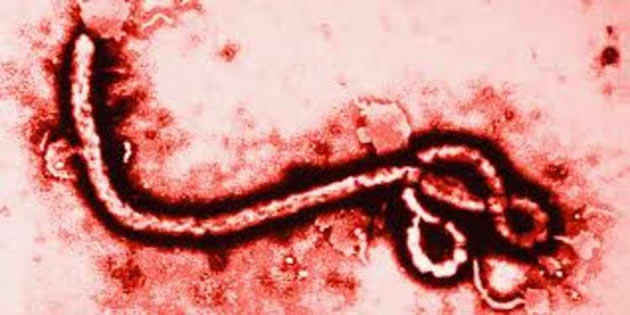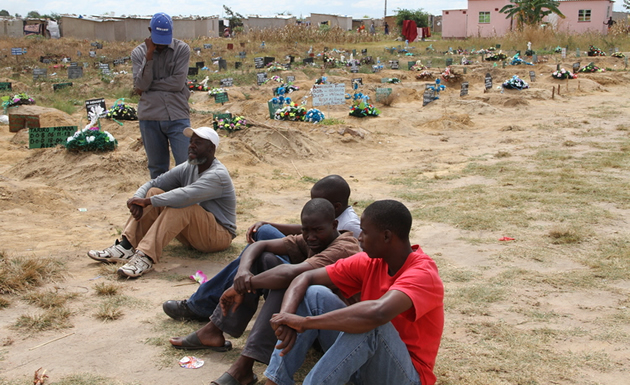URBAN RELOADED: Know more about deadly Ebola

 With Swagga T and Brie
With Swagga T and Brie
We welcome yet another exciting weekend and thumbs up to you for counting on us to give you the details on what’s keeping the urban world abuzz.
We start on a serious note this week with a topic that has been trending across the world for the last couple of weeks.
Ebola is no joking matter and social media has been flooded with details on how the epidemic has swept across West African countries – Sierra Leone, Guinea, Liberia while there has been isolated cases in Spain, United States and Nigeria.
The country had its first scare last week when a foreign student displayed Ebola like symptoms.
This had us realise that it could be us as Zimbabwe facing Ebola on our door steps hence the need for education.
Symptoms of Ebola include
Fever (greater than 38,6°C or 101,5°F).
Severe headache.
Muscle pain.
Weakness.
Diarrhoea.
Vomiting.
Abdominal (stomach) pain.
Unexplained haemorrhage (bleeding or bruising).
Symptoms may appear anywhere from 2 to 21 days after exposure to Ebola, but the average is 8 to 10 days.
Treatment
Recovery from Ebola depends on good supportive clinical care and the patient’s immune response.
People who recover from Ebola infection develop antibodies that last for at least 10 years.
Symptoms of Ebola are treated as they appear.
The following basic interventions, when used early, can significantly improve the chances of survival:
Providing intravenous fluids (IV)and balancing electrolytes (body salts).
Maintaining oxygen status and blood pressure.
Treating other infections if they occur.
Experimental vaccines and treatments for Ebola are under development, but they have not yet been fully tested for safety or effectiveness.
There is no approved vaccines available for Ebola.
Prevention
Practice careful hygiene. For example, wash your hands with soap and water or an alcohol-based hand sanitiser and avoid contact with blood and body fluids.
Do not handle items that may have come in contact with an infected person’s blood or body fluids (such as clothes, bedding, needles, and medical equipment).
Avoid funeral or burial rituals that require handling the body of someone who has died from Ebola.
Avoid contact with bats and nonhuman primates or blood, fluids, and raw meat prepared from these animals.
Avoid direct contact with the bodies of people who have died from Ebola.
Notify health officials if you have had direct contact with the blood or body fluids, such as but not limited to, faeces, saliva, urine and vomit of a person who is sick with Ebola.
The virus can enter the body through broken skin or unprotected mucous membranes in for example, the eyes, nose, or mouth
Ebola is not spread through the air or by water, or in general, by food. However, in Africa, Ebola may be spread as a result of handling bushmeat (wild animals hunted for food) and contact with infected bats. There is no evidence that mosquitoes or other insects can transmit Ebola virus. Only mammals (for example, humans, bats, monkeys, and apes) have shown the ability to become infected with and spread Ebola virus.
Healthcare providers caring for Ebola patients and the family and friends in close contact with Ebola patients are at the highest risk of getting sick because they may come in contact with infected blood or body fluids of sick patients.
During outbreaks of Ebola, the disease can spread quickly within healthcare settings (such as a clinic or hospital).
Once someone recovers from Ebola, they can no longer spread the virus.
Spread the word and be safe.
Centre for Disease Control and Prevention








Comments